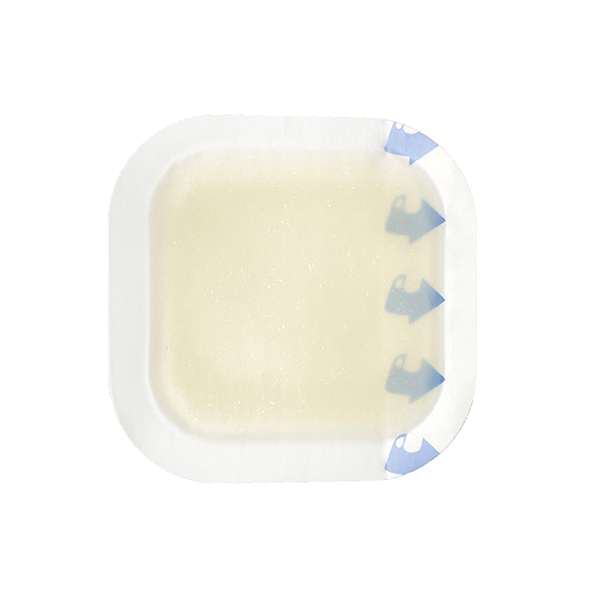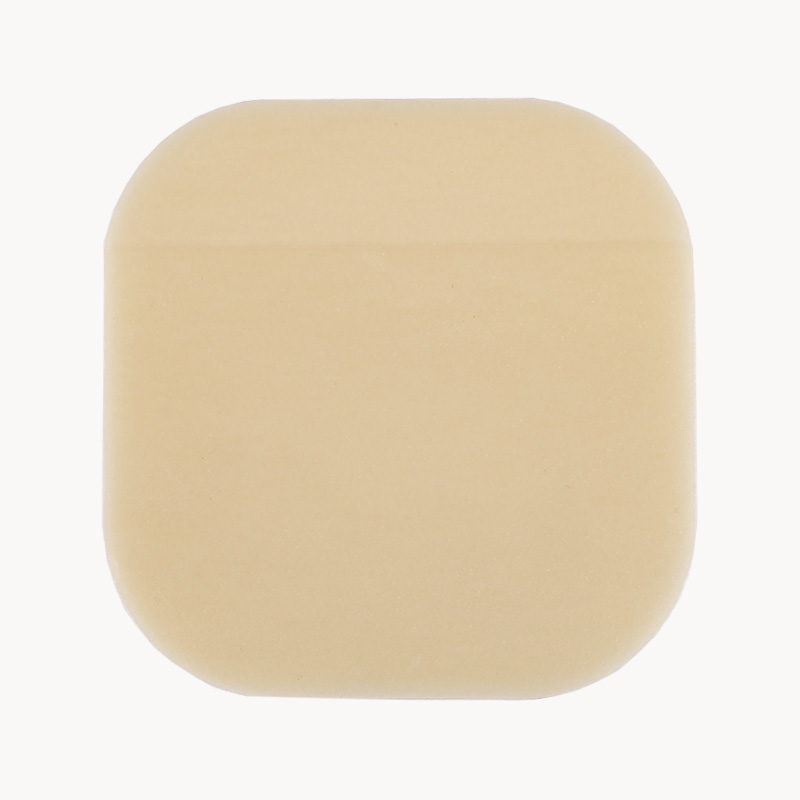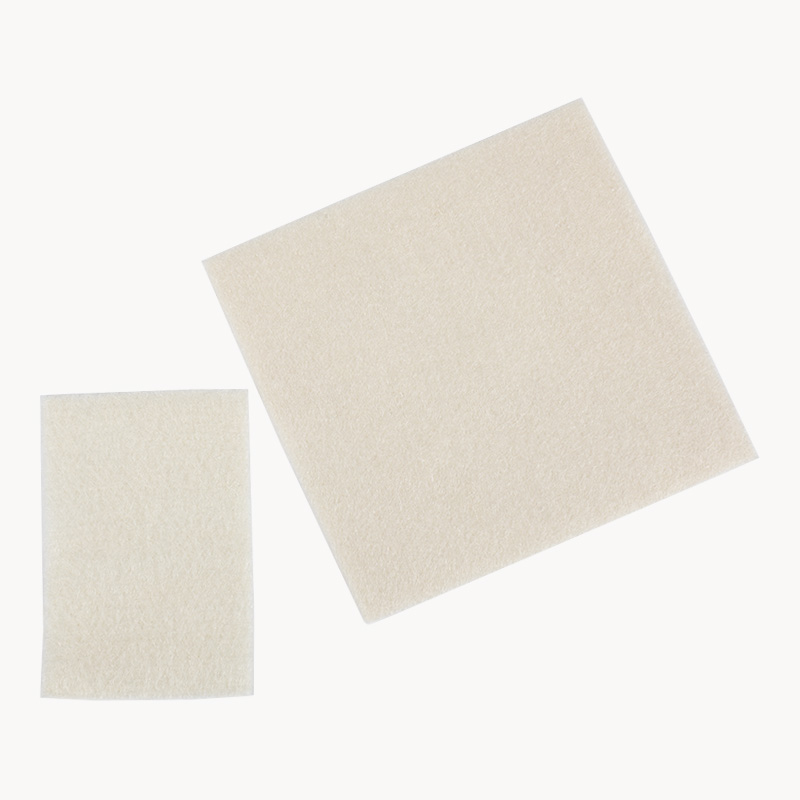On May 29, 2025, the Korea Advanced Institute of Science and Technology (KAIST) announced that its research team led by Professor Hyun Jung Chung of the Department of Biological Sciences, in collaboration with Professor Hyunjoon Kong's team at the University of Illinois, has successfully developed a microbubble-based nanogene delivery platform (BTN MB) that can effectively overcome the biofilm formed by methicillin-resistant Staphylococcus aureus (MRSA), opening up a new avenue for treating infections resistant to traditional antibiotics.
MRSA is one of the main causes of hospital-acquired infections. It is not only highly resistant to existing antibiotics, but also forms dense biofilms, which hinder the effectiveness of external treatments. The BTN MB platform developed this time uses microbubble (MB) technology to increase the permeability of microbial membranes, especially for biofilms formed by MRSA, and uses nanoparticles (BTN) to precisely deliver gene inhibitors into the bacteria, thereby achieving simultaneous inhibition of MRSA-related genes, which are involved in biofilm formation (icaA), cell division (ftsZ), and antibiotic resistance (mecA).
The treatment system consists of two stages. First, the microbubbles induce pressure changes within the bacterial biofilm, allowing the nanoparticles to penetrate. Then, the nanoparticles penetrate the biofilm gap and enter the bacteria, precisely delivering gene inhibitors, leading to gene regulation within MRSA, and simultaneously blocking biofilm regeneration, cell proliferation, and expression of antibiotic resistance.
In experiments on pig skin models and mouse wound models infected with MRSA biofilms, the BTN MB treatment group showed a significant reduction in biofilm thickness, as well as a significant reduction in bacterial counts and inflammatory responses. These results are difficult to achieve with traditional antibiotic monotherapy, indicating that this platform has great potential in treating multiple drug-resistant bacterial infections.
Professor Hyun Jung Chung of KAIST, who led the research, said, "This study proposes a new therapeutic solution that combines nanotechnology, gene suppression, and physical delivery strategies to tackle superbug infections that cannot be addressed by existing antibiotics. We will continue our research with the goal of expanding its application to systemic infections and various other infectious diseases."
The study, first authored by KAIST Department of Biological Sciences graduate student Ju Yeon Chung and University of Illinois' Dr. Yujin Ahn, was published online May 19 in the journal Advanced Functional Materials. The research was supported by the National Research Foundation of Korea, the Ministry of Health and Welfare of Korea, and the U.S. National Science Foundation and National Institutes of Health.

 English
English عربى
عربى Español
Español русский
русский 中文简体
中文简体














.jpg.png)


